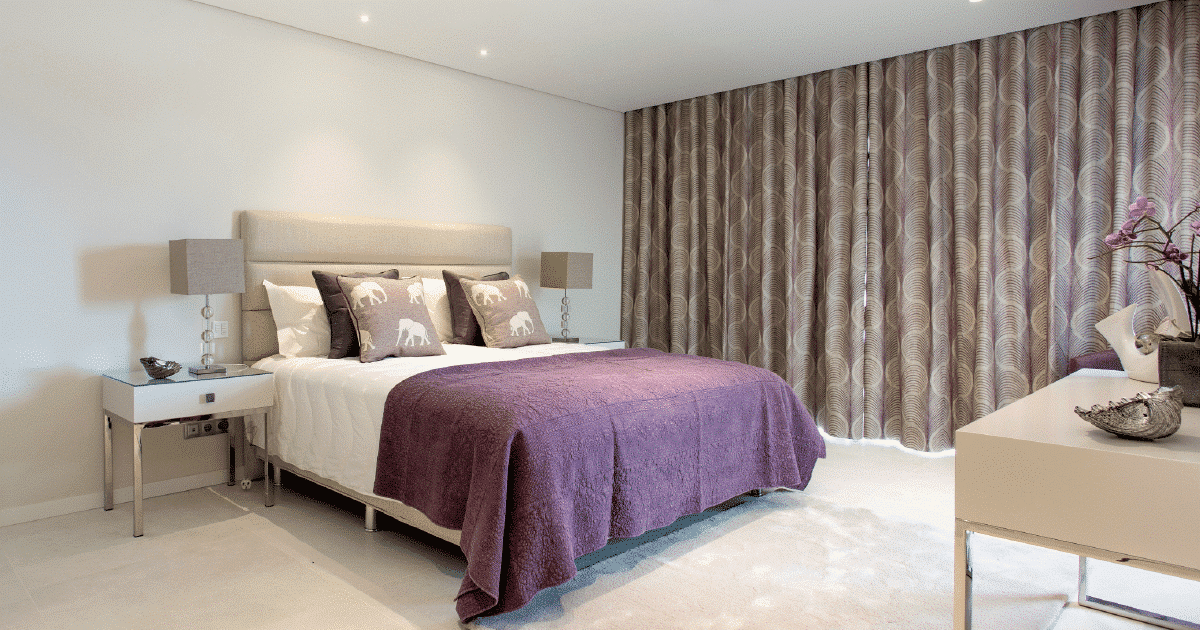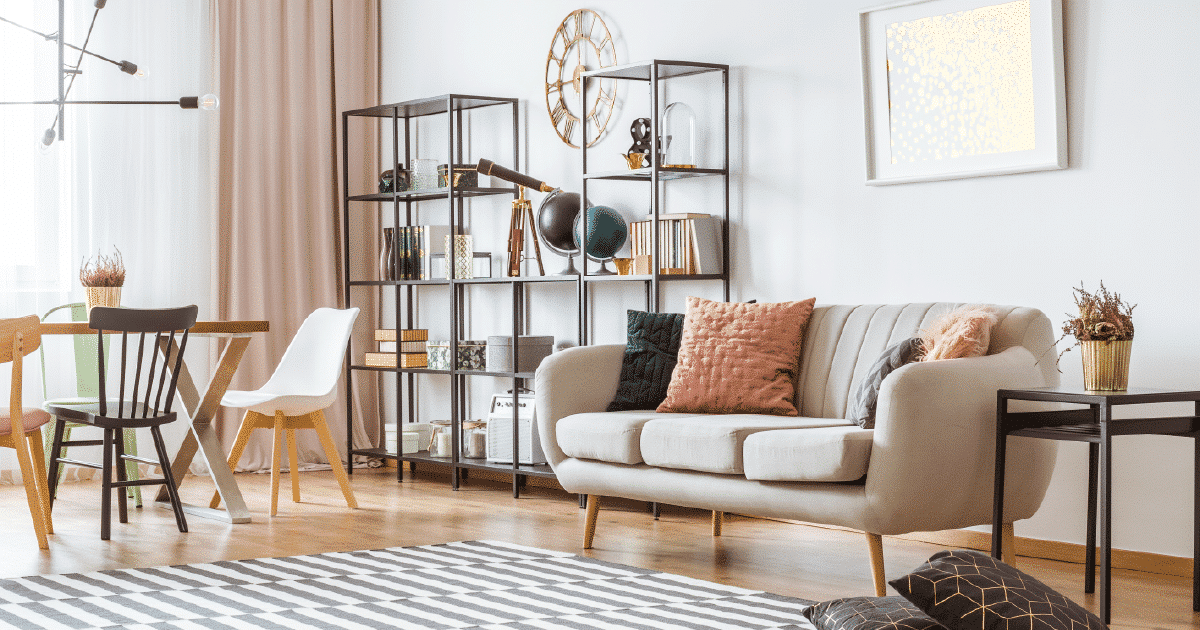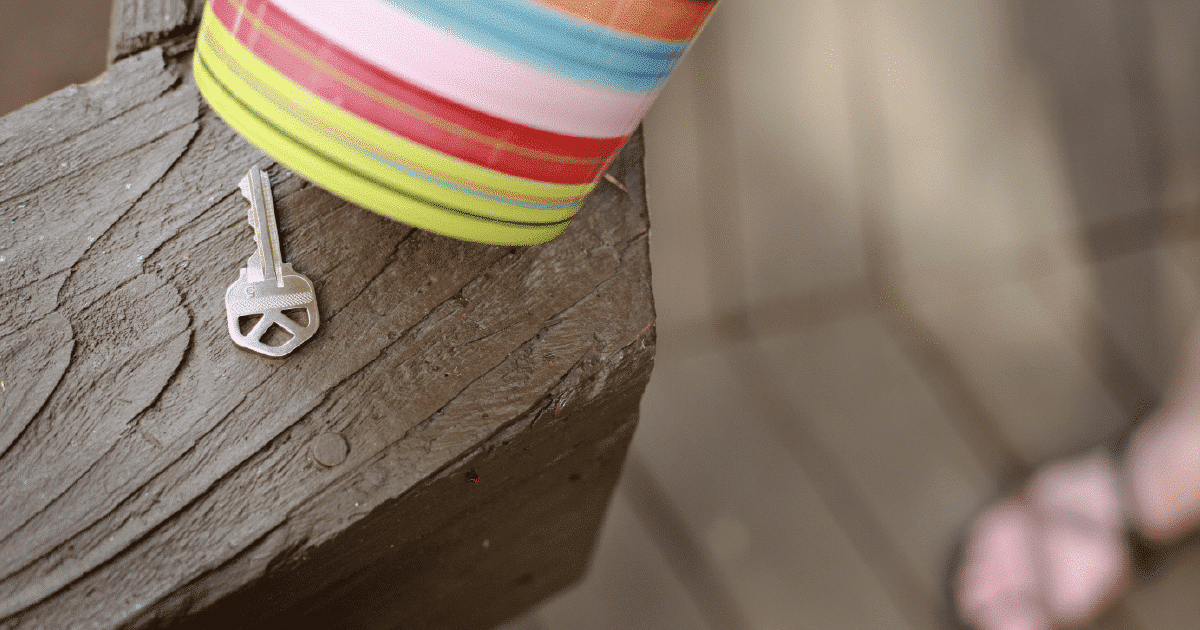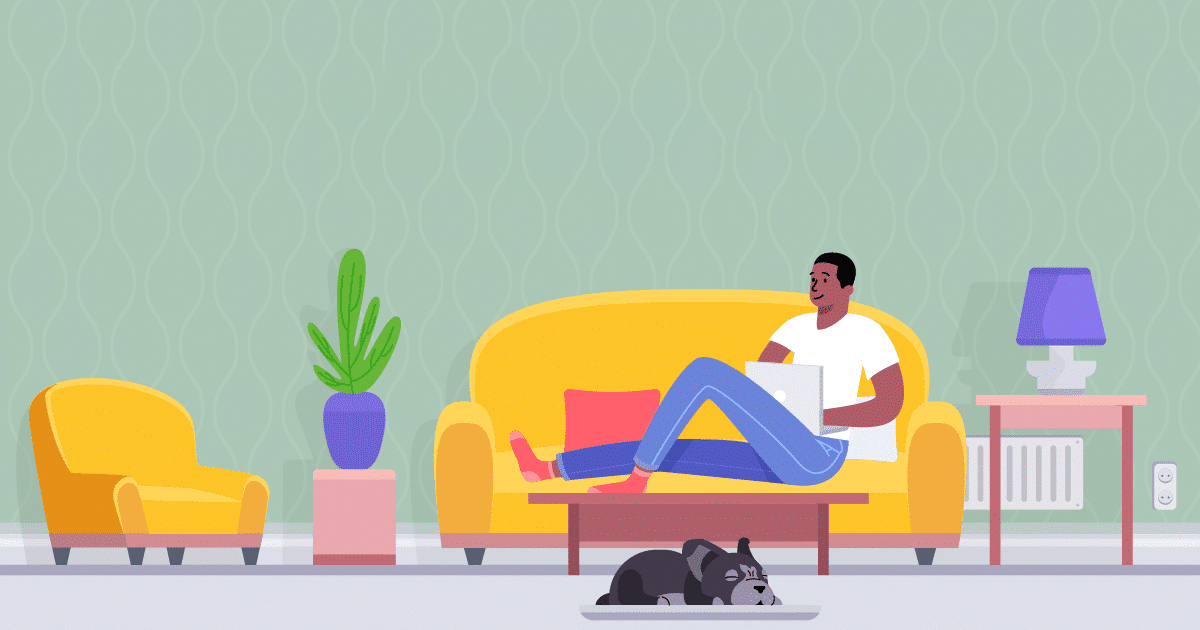Moving to a new environment while living alone has its benefits, the biggest one being that you have your own space and freedom to do what you want. It also comes with concerns related to your security and safety and that of your house. However, it’s crucial to prioritize personal security to create a safe and comfortable environment.
Feeling secure when living alone not only enhances your overall well-being but also instills a sense of confidence and peace of mind. In this blog post, we will delve into practical and straightforward tips that can significantly improve your personal security when living alone.
By implementing these measures, you can establish a robust foundation of safety, allowing you to fully embrace the joys of independent living without compromising on peace of mind. You may be wondering how to stay safe when living alone compared to living with a roommate.
Are you looking for safety tips for living alone in an apartment or a stand-alone house? Continue reading this article to learn the dos and don’ts of living alone.
Table of Contents
Safety Tips When Living Alone
Switch on lights when you’re not at home

You might not realize it but the people in your surroundings notice your pattern: the time you leave home, when you return, why they don’t see you often and so much more. People can tell when a house has been empty for a number of days if they have been watching you and taking note of your routine.
One way of ensuring that you are safe in your house if you decide to travel for long periods or if you have just moved to your first house is to leave the lights on. This will scare away an intruder because it will seem like someone is home.
READ ALSO: Cost of Solar Panel Installation & Regulation in Kenya
Do full surveillance of your house
Put yourself in an intruder’s mind. How would you gain access to your house if you lost your keys? Are there any loopholes or an easy way to access your house? If you live in a stand-alone house, start by walking around to look for places someone could hide. How thick are your curtains? Can you see your TV from outside?
Don’t show off your space online

The more information you provide to your friends both online and offline, the more you are attracting intruders to your home. When you share details about your home with other people, this information can end up in the wrong hands leaving you vulnerable to a break-in.
In as much as you feel proud about your house and you want to show it off to people, try your best to avoid posting your location and pictures of your house online or sharing with friends.
Remember to draw your curtains at night
Some people don’t draw their curtains when it gets dark. It sounds bizarre but some people would rather leave them open the entire night. Why would you want to look outside and not be able to see what is happening? And why would you allow someone outside to see what is going on in your house? Don’t give thieves a reason to steal from you.
READ ALSO: Everything You Should Know About Buying Curtains
Close your windows and doors
An easy way to gain access to a house is through the windows. If you don’t shut them properly, you could be setting yourself up for a disaster. If you live in an apartment where people can peep through your windows to see what is inside, leave your windows closed while you are away.
As for the doors, if you’re indoors and you’re unaware of your surrounding, say you are listening to music or in the shower, make sure you close the doors. No matter how trusting you are of your neighbourhood, it takes a small decision like not locking your door to cause a huge problem.
Change your locks and keys

In case you are moving to a new place, ask the landlord if you can change the locks beforehand. You don’t want the previous tenant to have access to your house, regardless of whether they returned the keys or not. You also don’t know who else has copies of keys to your place.
If you have already moved, ask the landlord or caretaker if you can change the locks and whether it will affect your security deposit. If you are using a padlock, avoid using the same one that the previous tenant was using. If you can, buy a different brand from the previous one so that people don’t try to duplicate keys.
Talk to your neighbors

Your neighbors are the closest people to you. You should try your best to get to know them. It doesn’t have to be meeting each other for dinner every night or even giving them your spare key. It is simply knowing each other so that in case of an emergency, there is someone who can assist you. Knowing your neighbors makes you alert of the new faces in your neighborhood.
READ ALSO: Guides to Nairobi Neighbourhoods & Suburbs
Safety Tips for Foreigners/Expatriates New in Kenya
Living as a foreigner in Nairobi can be an exciting and enriching experience, as the city offers a vibrant cultural tapestry, bustling markets, and countless opportunities. However, like any urban environment, Nairobi has its unique safety considerations that foreigners need to be aware of to ensure a secure living experience.
Whether you’re a new arrival or have been residing in Nairobi for some time, prioritizing personal safety is essential. Here are some essential safety tips specifically tailored to foreigners who just moved to Nairobi. These practical and proactive measures will empower you to navigate the city with confidence, enjoy its offerings, and foster a sense of security within your new community.
By incorporating these tips into your daily routine, you can enhance your safety, and peace of mind, and make the most of your time as a foreigner in this vibrant city.
READ ALSO: How to Own Property in Kenya as a Foreigner
Be Mindful of Your Personal Belongings
When living in Nairobi as a foreigner, it’s important to keep a close eye on your personal belongings. In crowded areas and on public transportation, be vigilant and avoid displaying expensive items that may attract unwanted attention.
Opt for bags with secure closures and consider wearing them across your body for added security. By being mindful of your belongings, you can minimize the risk of theft and ensure a safer experience.
Stay Informed and Aware of Your Surroundings
Staying informed about the current security situation in Nairobi is crucial for your safety. Stay updated by following reliable news sources and local advisories. When walking alone, especially at night or in unfamiliar areas, remain cautious and stick to well-lit and populated streets.
Trust your instincts and if you sense any potential danger, find a safe location or seek assistance. By being aware of your surroundings, you can better navigate the city and mitigate potential risks.
Use Reliable Transportation Services
When it comes to transportation, if you need to use a taxi, it’s advisable to opt for reputable taxi services or ride-hailing apps. These services provide a safer and more reliable means of getting around the city.
Additionally, consider sharing your trip details with a friend or family member, and utilize tracking apps for added security. If using public transportation, be mindful of your belongings and be aware of pickpocketing risks, especially in crowded vehicles.
Build a Network and Seek Local Advice
Developing a network of trustworthy individuals and seeking local advice can greatly contribute to your safety in Nairobi. Connect with other ex-pats or join ex-pat communities to exchange safety tips and experiences. Cultivate relationships with reliable locals who can provide guidance on safe neighborhoods, activities, and cultural norms.
Furthermore, consult local authorities or expat support groups for specific advice on safety concerns or areas to avoid. By building a network and seeking local advice, you can tap into valuable insights and make informed decisions to enhance your overall safety.
Conclusion
Following these safety precautions when living alone will make you feel safer and secure. Always trust your gut feelings. If you hear a strange noise in your house, investigate where it is coming from. Don’t assume you know what the noise is. If you are too scared, call a neighbor to come over to your place.



